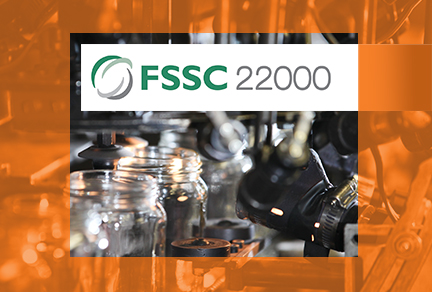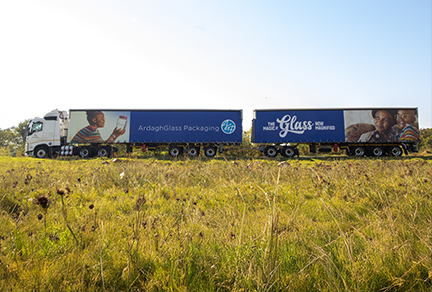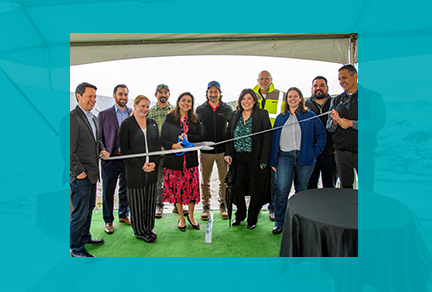Europeans embrace glass recycling
Published: September 29, 2020
Research carried out by Ardagh Group shows that 34% of households from over 2,100 people surveyed in the UK, Germany and Poland have been recycling more glass packaging during the months of lockdown.
With the closure of bars and restaurants in the initial phase of lockdown, people were consuming more foods and beverages packed in glass at home, leading to an increase in the volume of glass being recycled via the domestic recycling streams.
The actual increase in glass recycling varied by country, with 40% of people in the UK and Poland, and 21% of people in Germany, indicating that they were recycling more glass. Overall, this represents a marked change in glass consumption and recycling at home across all regions, an encouraging sign that people have been more actively recycling through a difficult and challenging time.
Respondents from the three countries gave different explanations for the behaviour change:
- In the UK, people said they were recycling more due to buying more food and drink in glass packaging (coffee, beer, wine, cooking sauces and condiments) as well as having more time to recycle it.
- In Poland, people said they were recycling more because it’s good for the environment.
- In Germany, people said recycling glass and protecting the environment is already well-established in the national culture, so recycling has continued despite the pandemic, but 21% said increased consumption at home has led to even more recycling.
Glass recycling companies in the UK have confirmed that they have seen a significant increase in household recycling rates since lockdown. The research also showed that recycling methods vary due to differences in national collection infrastructures. In Germany and Poland, the most common way to recycle glass is via glass banks, with 86% of households in Germany and 72% in Poland saying that they ‘always’ or ‘often’ use glass banks to recycle their glass.
In the UK, the most common way to recycle glass is via kerbside collection schemes: 75% of respondents said they ‘always’ or ‘often’ use these schemes to recycle their empty glass packaging. As a result, the UK has a markedly lower level of glass bank use than other regions, with only 41% saying they ‘always’ or ‘often’ use them for their recycling.
UK households are much more likely to dispose of their empty glass packaging in their general waste, with 32% admitting that they often dispose of their empty glass in this way. In Germany and Poland, people are much less likely to do this with only 15% and 17% respectively saying that they dispose of empty glass in their general waste.
This shows there is still room for improvement, and when asked how glass recycling could be made easier, people across Europe all agree that convenience and simplicity of recycling systems are key. 79% of those surveyed say they would welcome more conveniently located glass recycling banks, while 74% said they would welcome more frequent household glass collections.
The research also highlights that 64% of consumers across Europe would appreciate more information on what happens to their empty glass packaging after they have recycled it.
Why do we need to recycle more glass?
Ardagh is one of many glass packaging manufacturers and supply chain partners dedicated to achieving an EU-wide glass recycling rate of 90% by 2030 via an initiative called Close the Glass Loop.
Achieving more and better-quality recycled glass cullet is essential for reducing carbon emissions in the furnaces when making new glass bottles and jars, as well as reducing our dependence on natural resources.
For every tonne of glass recycled, the industry saves 580kg of CO₂, which is enough energy to charge 74,000 smartphones. The commitment that households across Europe have made to glass recycling, even during the most severe lockdown restrictions, represents a positive step in our ambition to achieve the Close the Glass Loop targets.
Insights from the survey will be used to help people recycle more glass through improved communication and identifying more convenient, local recycling systems. We thank everyone who has increased their recycling during this challenging time and urge everyone to continue their efforts!









